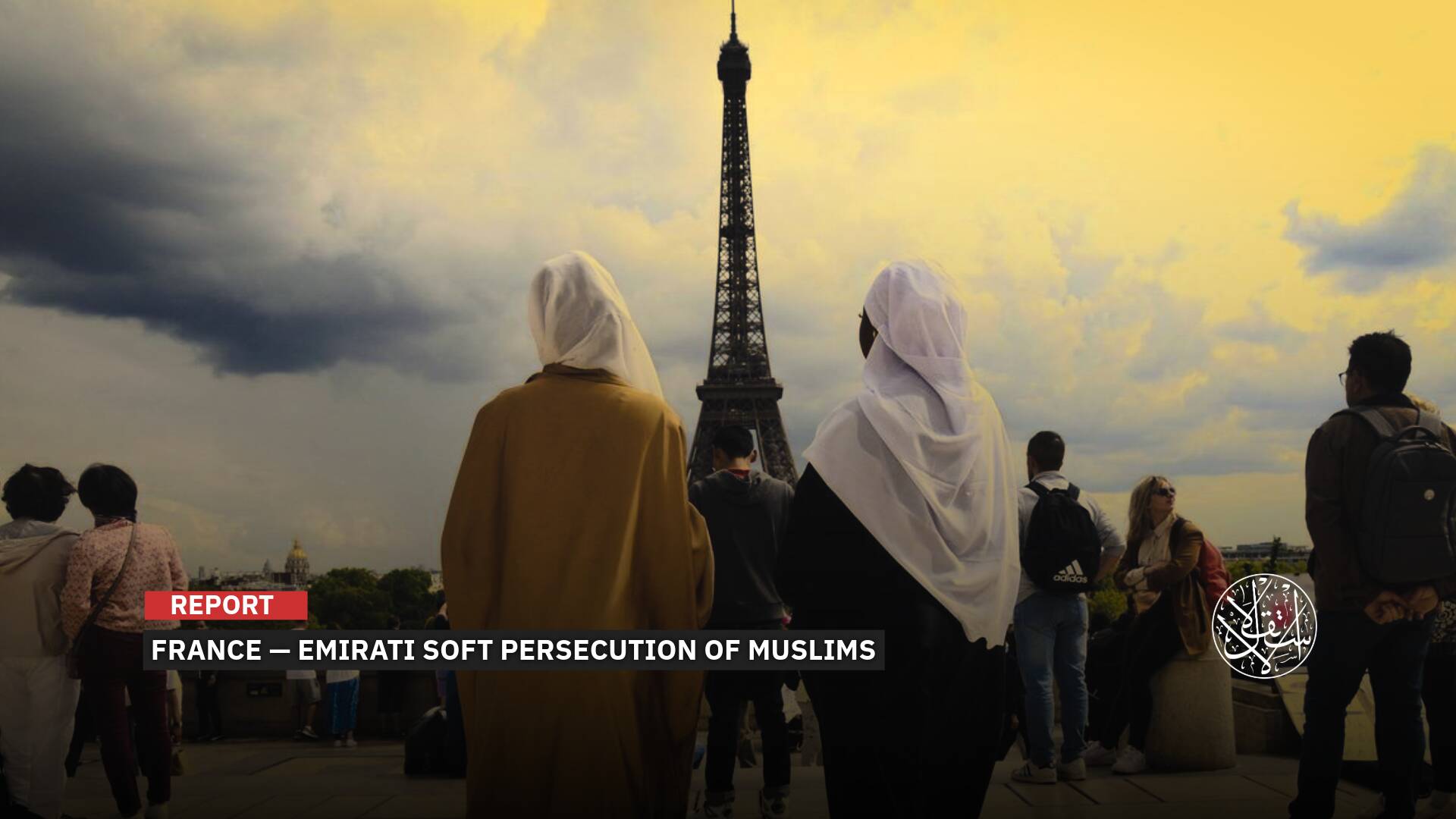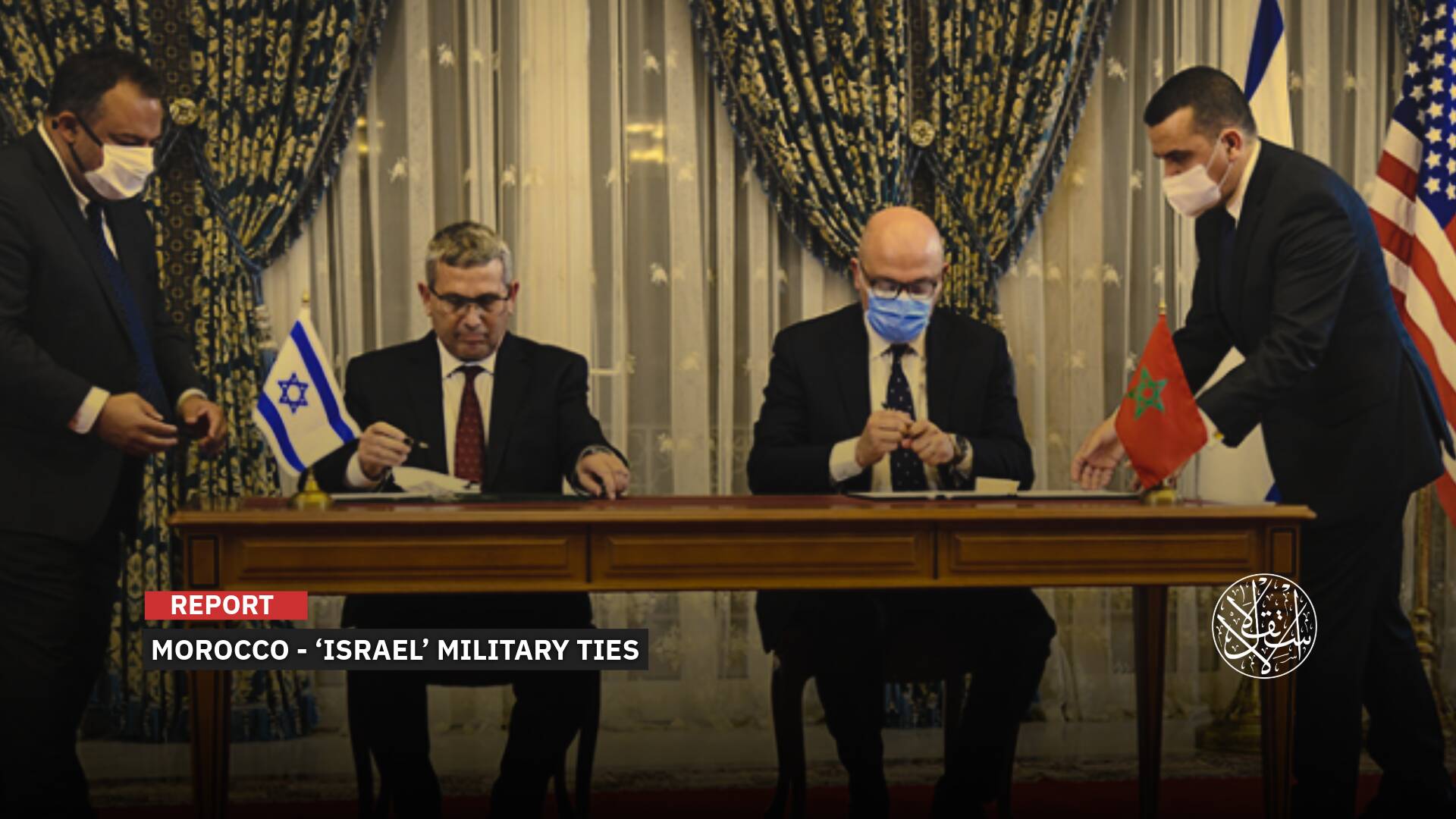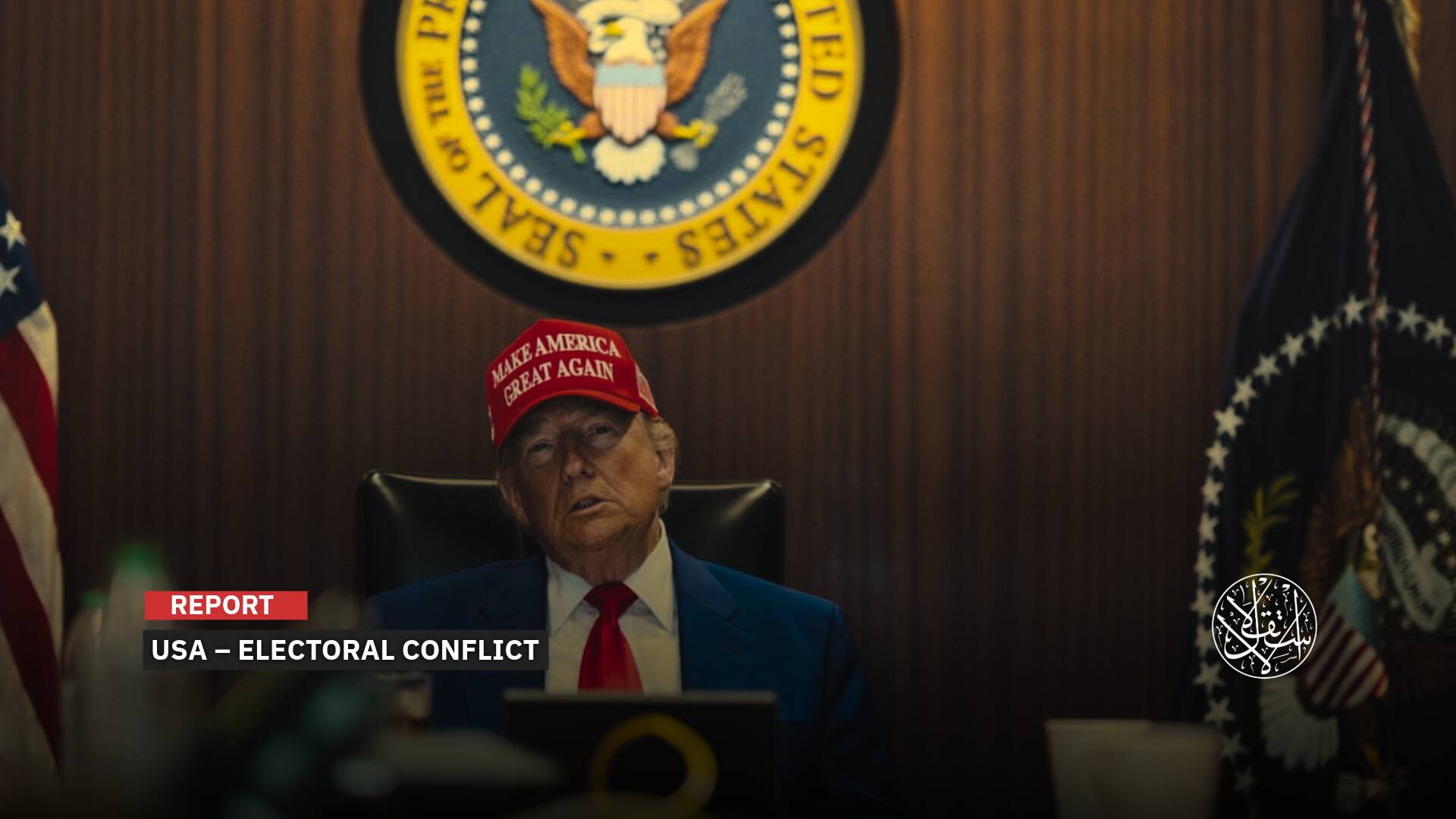After a New Law, Is Germany Tolerant of the Boys?

The new legislation reclassifies possession from a felony to a misdemeanor, lowering the minimum sentences for such offenses.
Germany's Bundestag has voted to amend the Criminal Code, effectively reducing the severity of penalties for the possession of child sexual abuse materials.
The new legislation reclassifies possession from a felony to a misdemeanor, lowering the minimum sentences for such offenses.
Under the revised law, possession and acquisition of child pornography will carry a minimum penalty of three months' imprisonment, while distribution will incur a minimum sentence of six months.
These changes downgrade the offenses regulated by Section 184b of the Criminal Code from crimes to misdemeanors.
Targeted Amendments
This legislative shift reverses a 2021 classification, initiated by then Federal Justice Minister Christine Lambrecht of the Social Democratic Party (SPD), which had imposed a minimum one-year sentence for possession, thus elevating the offense to felony status.
This stricter classification has been in place for three years until the recent amendment.
Rainer Becker, chairman of the association "German Children’s Aid – The Permanent Children’s Representation" (Deutsche Kinderhilfe – Die ständige Kindervertretung), expressed concerns that Germany's legal adjustment might contravene an EU directive mandating severe criminal penalties for all child pornographic media.
The bill has faced opposition from the Christian Democratic Union (CDU) and the Christian Social Union of Bavaria (CSU).
In a joint statement, they emphasized that "the distribution, possession, and acquisition of child pornography must, in principle, remain classified as crimes."
They acknowledged practical issues with the 2020 penalty increase but argued that a blanket reduction was not the solution.
Instead, they advocated for targeted amendments to address specific cases without lowering the overall penalty framework, warning that reduced penalties could lead to lighter sentences being imposed in practice.

Special Cases
The new decision was influenced by cases where parents and educators, upon discovering such material in the possession of minors, downloaded it with the intent to report the matter to authorities.
The bill states that these instances, particularly involving older children or adolescents, have prompted the need for a legal framework that allows for the reporting of such findings without criminal repercussions for the informants.
The bill further argues that reclassification is necessary to address the significant number of juvenile offenders appropriately and flexibly.
It suggests that the motivations of these young individuals often stem from adolescent impulsiveness, including naivety, curiosity, and a desire for excitement or peer recognition, rather than a pursuit of sexual gratification from the content.
Nonetheless, the legislation does not carve out specific exceptions but instead applies a blanket downgrade for the possession of child pornography.
This broad approach has caught the attention of groups advocating for the rights of pedophiles.
One such group, a German organization known as Krumme-13 or K13, has openly commended the legislative change.
Describing itself as a support group for individuals attracted to minors, K13 has taken to its platform to express dissatisfaction with the lack of public apology from lawmakers to those who were penalized under the previous law, which treated possession of child sexual abuse materials as a more serious offense.
On its website, K13 has issued guidance to its followers, recommending that defense attorneys representing clients charged under the current law should seek to delay proceedings until the new legislation takes effect. This strategy aims to benefit from the impending legal changes that will reduce the severity of penalties for such offenses.

Pressure Group
The controversial group was established by Dieter Gieseking, who has faced multiple charges for possessing child pornography.
In 1996, Gieseking received an eighteen-month sentence, of which he served one year, for running a mail-order child pornography service from a van.
In 2003, he was again in court for possessing child sexual abuse materials obtained between July 1999 and January 2001.
A search of his home in August 2001 uncovered 216 image files of naked children on his computer, leading to an eight-month prison sentence.
At that time, Gieseking was also accused of linking to a child pornography site from his website. This link was discovered by jugendschutz.net, an organization created by the federal government to protect minors online.
In a 2014 interview with Taz Online, Gieseking advocated for lowering the age of consent to 12 and suggested that sexual interactions between adults and toddlers should be “discussed separately.”
“The taboo of pedophilia must finally be broken at all levels of society. If a pedophile can come out without fear of exclusion or even demonization, then this is the best prevention against child abuse,” Gieseking stated.
“For babies, toddlers, and elementary school students, the sexual component in such a ‘relationship’ is problematic. This would have to be discussed separately. From a sexual policy perspective, an age of consent of 12 is appropriate and long overdue in today’s enlightened society. There are boys and girls who take the initiative in a friendly and sexual relationship with a pseudosexual. Therefore, there is a need for sexual criminal law reform that does justice to everyone involved.”
Through K13, Gieseking and his supporters lobby for lowering the age of consent and legalizing child pornography. K13 also campaigns for decriminalizing sexual relations between adults and children.
“Legalizing clearly self-determined sexuality between older people and those under 14 is the best protection against actual sexual violence against children,” Gieseking wrote in another petition to the government, advocating for the abolition of Sections 176 (Sexual Abuse of Children) and 188 (Dissemination, Acquisition, and Possession of Child Pornographic Content) of the legal code.
Gieseking has been lobbying for legislative changes for several years. Last fall, the Bundestag accepted a petition on children’s rights authored by Gieseking, which amends Article 6 of the Basic Law to include statements regarding children’s rights, asserting that “children should be viewed as legal subjects with their own rights.”
Among the rights listed in the petition is the assertion that children have “the right to have a say in all matters that affect their emotional, mental, and physical well-being,” and “the right to the free development of their personality.”
“Sexual self-determination” is included in Article 2 of the Basic Law under the phrase “free development of personality,” a point Gieseking emphasized to his followers on his website.











